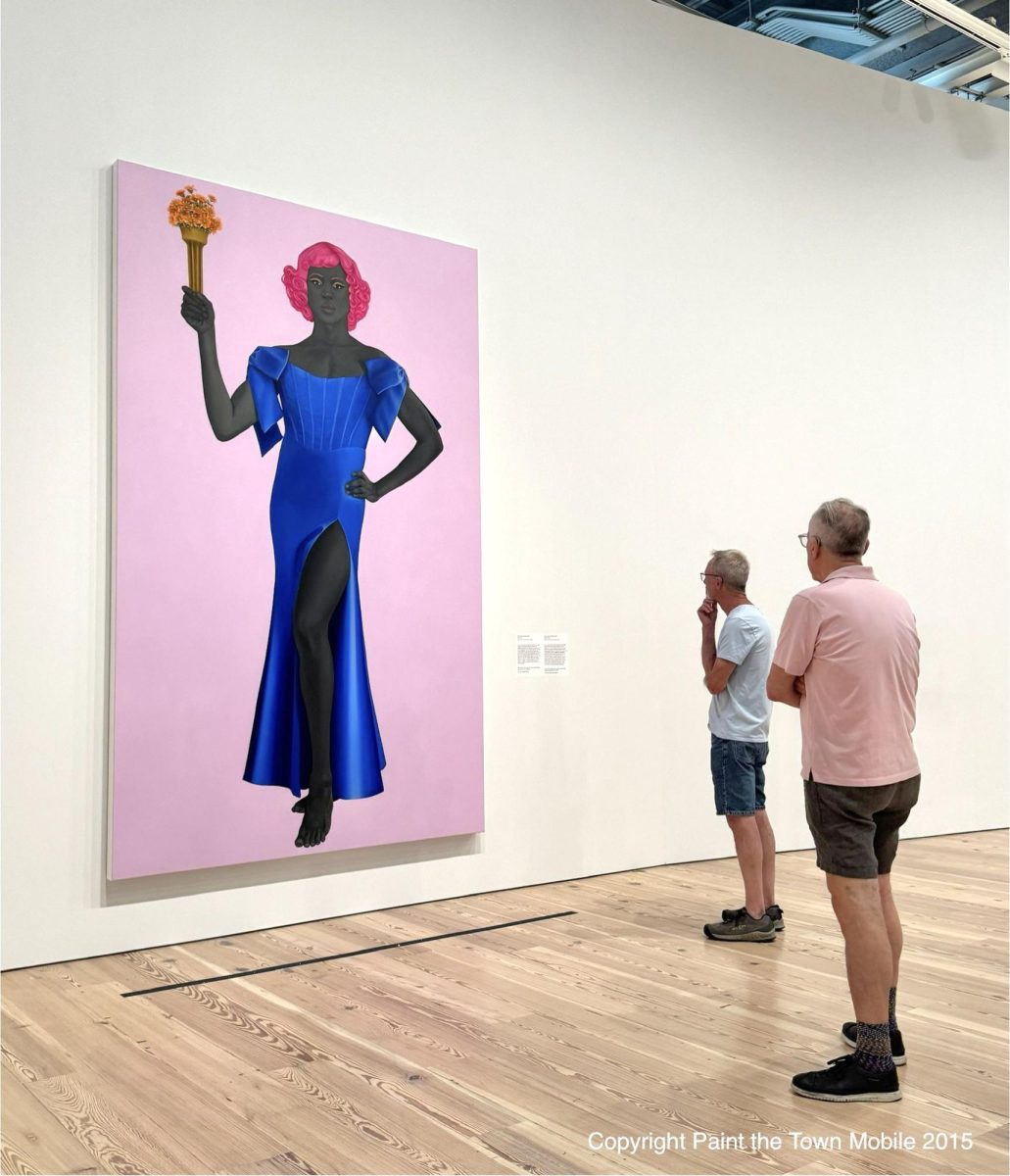Well, the Christmas tree’s been taken down, the lights are all packed up, and discussion about the next statewide winter disaster has reignited. That’s right, the “most wonderful time of the year” is over, and now we find ourselves in the most dreadful one: awards season is here.
And not just any ordinary awards season, mind you: it seems this particular time has raised more controversy than usual, perhaps the most since Will Smith’s iconic slapping of Chris Rock’s face at the 2022 Oscars, a moment so famous it’s been viewed more times than King Richard, the movie that Smith was invited for (although he won more awards for the latter).
This time though, discourse has revolved mainly around Golden Globes host Jo Coy’s rousing comedic routine, or rather lack thereof. Personally, I missed the actual broadcast, but judging from what clips of the night I’ve seen floating around on the internet, the guy didn’t exactly elevate the proceedings. Most famous of all were his fairly reductive comments on the “Barbie” movie, but this has already been exhaustively written about, even by others on staff, so I’ll avoid talking about it here.
What irked me more, however, was the online outrage surrounding a different award show, the Oscars, and their failure to nominate “Barbie” lead Margot Robbie in the “Best Actress” category.
Now, to some extent I understand the point: the academy’s refusal to recognize the figurehead of a blatantly feminist film while ironically nominating the male co-star Ryan Gosling for “Best Supporting Actor” says a lot about the organization’s stagnation and ignorance.
However, wouldn’t it be even more incoherent a decision to snub Gosling simply because Robbie wasn’t nominated for her role as well? On another note, you hardly hear anyone applauding the women who actually got the spotlight, including truly groundbreaking people such as Lily Gladstone, the first Native American woman to receive a “Best Actress” nomination.
Furthermore, the fact that Robbie wasn’t nominated should be taken as a victory in large part; it’s impressive that the slate for female acting was so strong this year that even someone as esteemed as she didn’t make the cut.
In spite of this, though, I imagine many would elect to remain frustrated, perhaps mentioning Greta Gerwig’s similar snub for the “best director” category, leaving only one female nominee against four men. To them I raise a bigger question: why do we consistently allow some shadowy conglomerate of Hollywood higher-ups dictate what is and isn’t good enough?
Not just the Oscars, but other award shows such as the Grammys decide their winners through the selections of large voting bodies that are composed almost entirely of individuals who have either previously won one of the awards in question or have otherwise gained considerable influence in the industry to where they received sponsorships from preexisting academy members. So, effectively the entertainment equivalent of a spoils system.
Therefore, these bodies are all but voting for themselves to win awards that they themselves pay money to promote and give significance to. It’s like if I gave myself the Noah Braun Award for best Shield columnist, and then threw a party. Sounds ridiculous, doesn’t it?
And as if the pointlessness of these ceremonies wasn’t already enough to be frustrating, there’s also the nearly comical amount of fanfare that these shows bring with them. With how much pomp and circumstance you see on these award show broadcasts, you’d think they were royal coronations. The stage affixed with opulent designs and gold trimmings, the live orchestra playing sappy music at a chronic interval — it’s nothing short of nauseating.
And how could we forget about the hosts? Indeed, the Academy pays top dollar (not really) to procure only the funniest of funny men to conduct their annual ceremonies, men such as the prolifically unimpressive Jimmy Kimmel and the tolerable Andy Samberg. They try their damnedest to entertain the crowd by doing a precarious tightrope walk between their actual personality and some performative one, producing an awkward limbo-state between the two that’s never truly funny nor is it exactly sentimental. Most of all, though, they’re there to ensure that the show follows the same dreary formula of lackluster comedy bit to award announcement to repetitive rehearsed speech and back again (the Grammys, to their credit, do manage to break up the monotony a bit better with performances and such).
Some may say that the point of these awards isn’t mainly to be entertaining, but rather to highlight the best of what filmmaking has to offer and the individuals who rarely get noticed or appreciated, mainly those behind the camera. They rarely are given the spotlight even here, though, and whatever passing mention of them is made by a celebrity is no less unremarkable than the mention they get in the end credits of their film. As for the bigger names, I see no reason why they couldn’t be congratulated for their awards in some sort of grand public announcement as opposed to the outrageous display of excess the thing has become.
So, if the show isn’t entertaining, doesn’t do enough to promote the right people and could reach the same ends through vastly reduced means, then why do we have the Oscars and similar shows as they exist now?
They’re extremely lucrative.
The advertisements and other assets operated by the Academy ensure that it rakes in tens of millions every year from their ceremonies, and with that number only rising, they have no reason to discontinue things.
I no doubt have overlooked the biggest reason why most tune in to the Oscars, however: it’s a cultural obligation. Even people who have no knowledge of cinema outside the pop culture hits of the year tune in en masse to watch the awards, simply because they’ve been raised to do so. The same goes for the millions of Americans who, in spite of having no knowledge of football, tune in to the Super Bowl just so they don’t miss out.
But while the Oscars may be a household tradition, we must remind ourselves that they only exist to in turn follow the greatest American tradition of all: chasing money.








